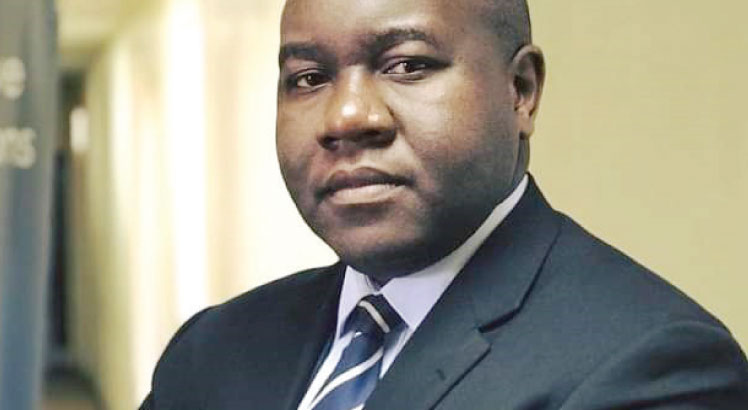Digital services uptake worries ICT sector players
The penetration of Internet and other digital services is growing at a snail’s pace, a development ICT Association of Malawi (Ictam) says calls for policies to deal with factors affecting growth.
Ictam’s comments come on the back of data contained in the 2023 Malawi Government Annual Economic Report showing that the proportion of people with access to Internet and basic digital gadgets such as mobile phones has been stagnant for the past three years.
The data further shows that Internet penetration has averaged 36 percent between the 2020 and 2022.
In an email response yesterday, Ictam president Clarence Gama said there is need to address cost and accessibility, among others.
He said: “There is need to increase affordability as cost remains a barrier to accessing digital services in Malawi, particularly for low-income households.

“Efforts should be made to reduce the cost of Internet services and digital devices such as smartphones and tablets, to make them more accessible.”
Gama said the country should also focus on improving digital literacy, observing that many people may not have the digital literacy skills necessary to fully engage with digital services.
Consumers Association of Malawi executive director John Kapito said in an interview yesterday that high charges in the ICT sector have hampered its growth.
He said a good percentage of levies and service charges are government taxes, a situation that has resulted in consumers paying more for ICT services.
Reserve Bank of Malawi (RBM) also observed that there is minimal uptake of some digital services in the country, especially in remote areas.
“RBM will continue to design and implement measures to support the increased growth in terms of usage and confidence in retail digital financial services in the country,” reads the recent National Payment System report.
Meanwhile, in the proposed 2023/24 National Budget, government has reduced excise tax on airtime and data from 10 percent to 7.5 percent.





